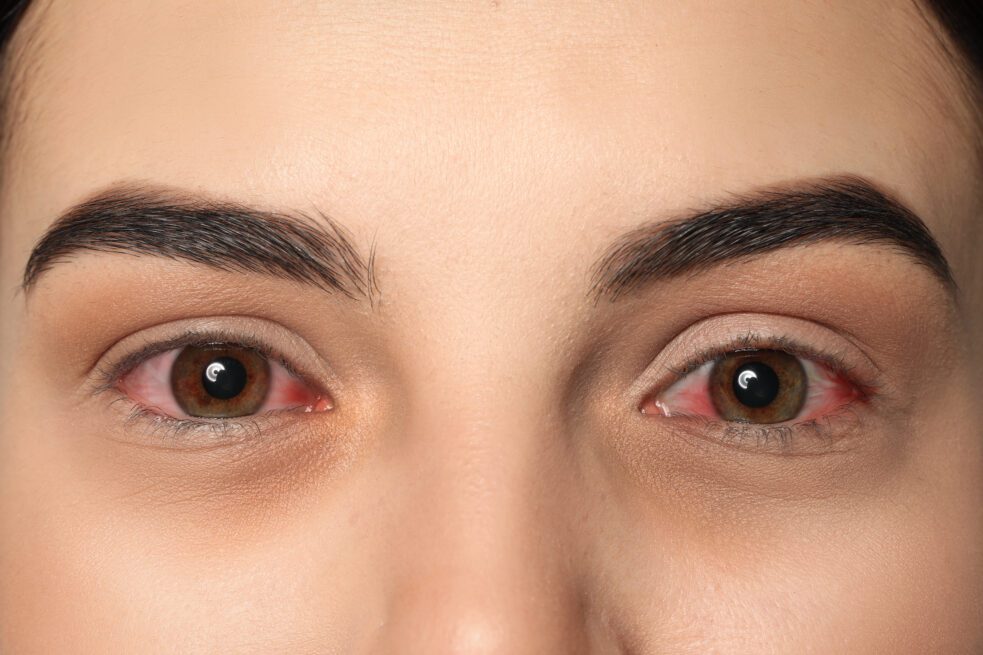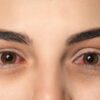Contrary to popular belief, fish oil pills do not alleviate the discomfort of chronic dry eye, according to a new study.
Researchers analyzed 535 participants from 27 different treatment centers who had been battling with moderate to severe dry eye for at least 6 months. Of those people, 349 were randomly assigned to receive 3,000 mg of omega-3 fatty acids — the highest dose ever used in a trial of fish oil — every day for 12 months. The rest — 186 people — fell under the placebo group and received about 1 teaspoon of olive oil in an identical capsule each day.
After 12 months, study results, published in the New England Journal of Medicine, indicated that the highest dose of fish oil pills failed to reduce the symptoms of chronic dry eye, and proved no more effective than the placebo group.
What’s odd is that both groups reported a substantial improvement in symptoms, but the people receiving fish oil pills didn’t score significantly higher than the placebo recipients.
These findings highlight the difficulty in gauging whether a treatment is effective for a dry-eye patient, according to lead researcher Maureen G. Maguire, PhD, a professor of ophthalmology at the University of Pennsylvania. “More than half the people taking placebo reported substantial symptom improvement during the yearlong study,” said Maguire.






